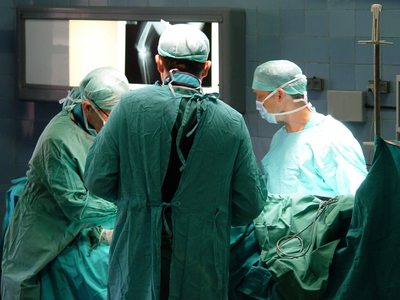More organ donors by default as youngsters fail to register

More people are not registering whether or not they want to donate their organs after their death, increasing the number of donors by default by 30,000, figures from statistics agency CBS show.
In the Netherlands, everyone aged 18 and over is sent a letter asking them to indicate if they want to donate their organs after death or not. A change in the law in 2020 means people who don’t reply are automatically classified as donors, although doctors will always ask relatives about a deceased’s wishes.
According to the new figures, youngsters in particular failed to make their choice known. Some 41% of youngsters between 18 and 25 have not actively registered whether or not they want to be donors, compared to 36% in 2022.
Just over eight million people were registered as donors at the beginning of this year, some 30,000 more than in 2024. Some 4.8 million had actively registered while 3.3 million people are on the list by default.
Groningen and Rozendaal have the most active donors with 68% and 67% respectively. By contrast, just 15% of people living in the Bible Belt village of Urk registered as an active donor, the lowest number in the country.
The CBS did not investigate why people failed to register or said yes or no to donation.
Thank you for donating to DutchNews.nl.
We could not provide the Dutch News service, and keep it free of charge, without the generous support of our readers. Your donations allow us to report on issues you tell us matter, and provide you with a summary of the most important Dutch news each day.
Make a donation